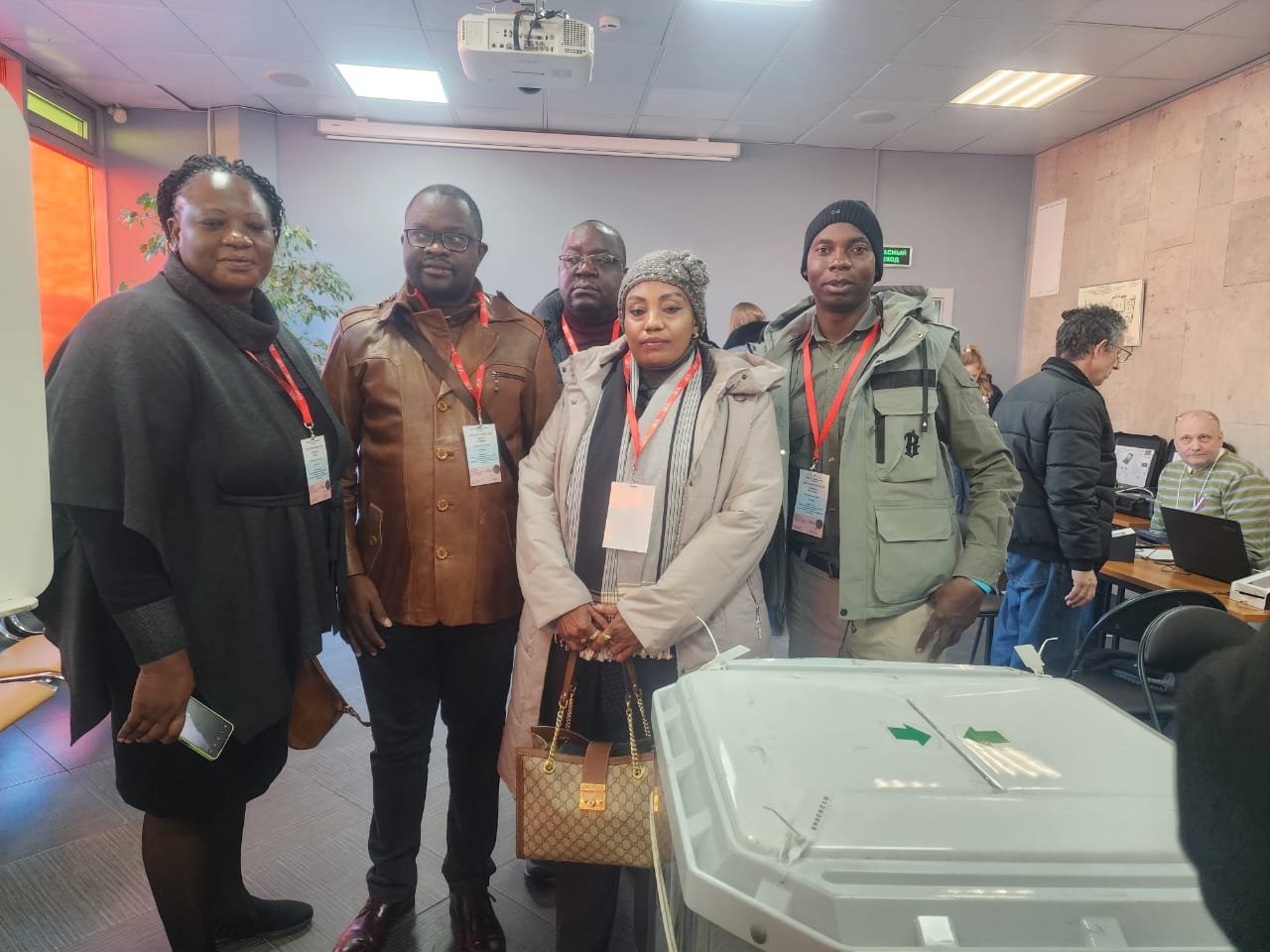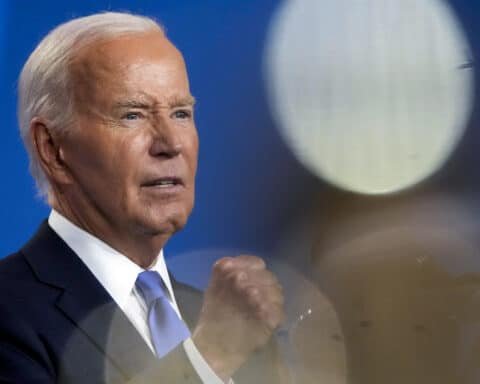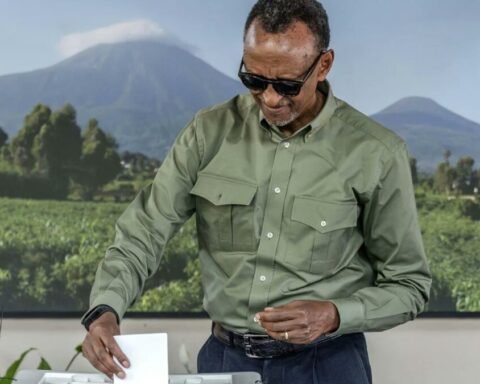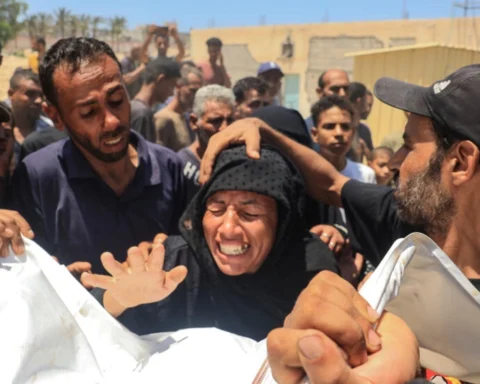In a comprehensive statement issued today, the Zimbabwe Electoral Commission (ZEC) has declared the Russian presidential election as “free, fair, and credible,” despite the international community’s mixed reactions. The endorsement follows a meticulously executed observation mission to Russia, led by the revered ZEC Chairperson Justice Priscilla Makanyara Chigumba, during a critical period of geopolitical tensions.
The Russian election, conducted over a span of three days, was marked by the participation of four candidates, including the long-standing incumbent, Vladimir Putin. Putin’s overwhelming victory, with more than 88% of the vote, and the reported turnout of 74%, was noted by the ZEC as a testament to a mature democracy. However, this comes amid a landscape where Russia’s democratic processes have often been under intense scrutiny by Western observers.
ZEC’s report praises the Russian Central Election Commission’s (CEC) effort to extend the voting period, ostensibly offering citizens the convenience of participating at their leisure. This move, according to Chairperson Chigumba, not only increased turnout but also displayed a relaxed and cheerful mood among voters — a sign she attributes to the nation’s democratic maturity. The ZEC report further commended the Russian media’s role in balanced reporting, contrasting sharply with some international media portrayals of the election process.
However, ZEC’s approval is not without contention. Back home in Zimbabwe, the commission has faced its own allegations of electoral misconduct. Critics argue that ZEC’s validation of the Russian elections casts a shadow over the objectivity required of an election observer mission. This has intensified global dialogue on the veracity of international electoral endorsements, especially from bodies accused of partisanship in their domestic jurisdictions.
The ZEC’s decision to dispatch a delegation to Russia and its subsequent certification of the polls have ignited debates over the influence of electoral observer missions on the credibility of international elections. With Zimbabwe’s own history of disputed electoral processes, this development raises critical questions about the impartiality and integrity of observer institutions.
As the dust settles on Russia’s presidential elections, and with Vladimir Putin securing another term, the eyes of the world not only reflect on the outcomes but also on the observers who vouch for the legitimacy of such processes. The story remains a focal point of interest for analysts who dissect the multifaceted nature of global electoral politics.








